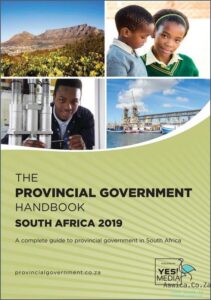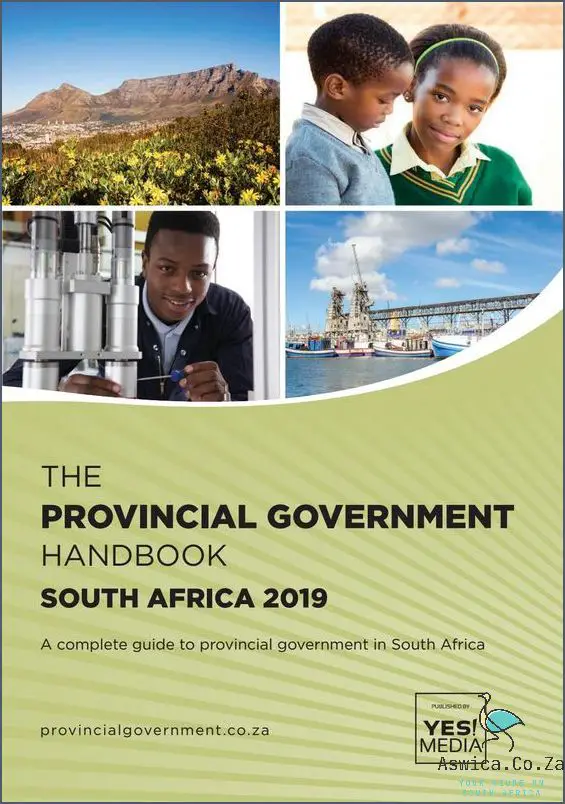
Provincial governments are the governing institutions of provinces in Canada. They are responsible for a variety of public services, including education, health care, and infrastructure development. Provincial governments also have powers over taxation, natural resources, and communications.
Contents
What Is Provincial Government
Provincial government is the government of a province or territory in a federal system. It has the powers and responsibilities to address local issues and concerns. Provincial governments are responsible for delivering important services to residents and businesses, such as healthcare, education, infrastructure, environment, justice, and social services. Provincial governments are also responsible for creating and enforcing laws that apply in their province or territory. Provincial governments are accountable to the citizens of the province or territory and must work within the framework of the constitution. They play an important role in making sure that all provinces and territories of the country can thrive and prosper.
Structure of Provincial Government
The provincial government is an important part of the Canadian political system. It is a form of government that lies between the federal government and the cities and municipalities. Provincial governments are responsible for managing provincial affairs, including running hospitals, schools, and other public services.
The structure of the provincial government is unique to each province. However, there are some commonalities that are shared across all provincial governments. The structure of the provincial government is typically composed of three branches: the executive, legislative, and judicial.
The executive branch is made up of the premier and the cabinet. The premier is the leader of the province and the head of the executive branch. The cabinet is the premier’s team of appointed ministers who are responsible for managing different provincial affairs. The cabinet is usually composed of members from the legislative assembly.
The legislative branch is composed of elected representatives from each of the province’s electoral districts. These elected representatives are called Members of the Legislative Assembly (MLAs). The MLAs are responsible for representing their constituents and introducing, debating, and voting on laws.
The judicial branch is composed of judges and lawyers who are responsible for interpreting and enforcing the law. Provincial courts are responsible for dealing with criminal and civil matters that arise in the province. The Supreme Court of the Province is the highest court of the province and is responsible for hearing appeals of provincial court decisions.
The structure of the provincial government is an important part of the Canadian political system. It provides a balance between the federal government and local municipalities, while also providing a platform for elected representatives to make decisions on behalf of their constituents.
History of Provincial Government
The history of provincial government is a complex and diverse one. For centuries, provincial governments have been used as a way to unite and organize larger regions under a single ruling body. These governments have evolved in many different ways, with different structures and functions, and have been used to address the unique needs of various regions.

The earliest known examples of provincial government can be traced back to Ancient Greece and Rome. In these societies, provinces were administrative regions that were governed by an appointed provincial governor. This system of government was used to maintain order and stability in the region, and to enforce the laws of the government.
In the Middle Ages, provincial governments took on a new form. They were formed by the nobility, who would appoint a governor to oversee the province. This system of government allowed the nobility to maintain control over their lands and to ensure that their laws were followed.
In the early modern period, provincial governments became increasingly important as the population of Europe increased. As the population grew, it became necessary to create larger and more efficient systems of government. This led to the emergence of the nation-state, which is a form of government in which a single leader or ruling party governs a country or region. This system of government allowed for the formation of provincial governments, which were responsible for administering their respective regions.
As the modern era began, provincial governments continued to evolve and become more powerful. In the 18th and 19th centuries, many countries adopted representative democracy, which allowed for the election of provincial governors and other government officials. This allowed for greater accountability and transparency in the workings of provincial governments.
Today, provincial governments remain an important part of many countries. They are responsible for managing their respective regions and providing services to their citizens. Provincial governments are often responsible for providing healthcare, education, transportation, and other essential services. In many countries, provincial governments also have the power to pass laws and regulate businesses in their region.
Provincial Government Powers
Provincial governments play an important role in governing the citizens of Canada. They are responsible for providing public services and managing public funds, as well as protecting the environment and promoting economic development. They are separate from the federal government, which is responsible for foreign affairs, criminal justice and national defence.
Provincial governments possess a number of distinct powers, including the authority to make laws, raise taxes and spend money. They can also set up their own courts, police forces, and other forms of governance. Additionally, they can pass legislation to protect civil liberties and human rights, regulate the environment, and promote economic development in their provinces.
Provincial governments are also responsible for providing essential services such as health care, education, and public transportation. They can also set up and maintain provincial parks and trails, and manage natural resources such as forests, fisheries, and minerals.
The powers of provincial governments are limited in certain ways. They are not allowed to pass laws that conflict with the Canadian Constitution, which is the supreme law of the land. Provincial governments must also abide by any laws made by the federal government, such as those related to criminal justice, immigration, and trade.
Overall, provincial governments play an important role in governing the citizens of Canada. Through their power to make laws, raise taxes, and provide essential services, they help to ensure the safety and well-being of their citizens.
Conclusion
The provincial government is the government of a province or territory. The government of each province is responsible for all the matters under the Canadian Constitution that are not the responsibility of the federal government. The provincial government is run by the Premier, who is the leader of the party with the most seats in the legislature. The provincial government is responsible for areas such as education, health care, and natural resources.




